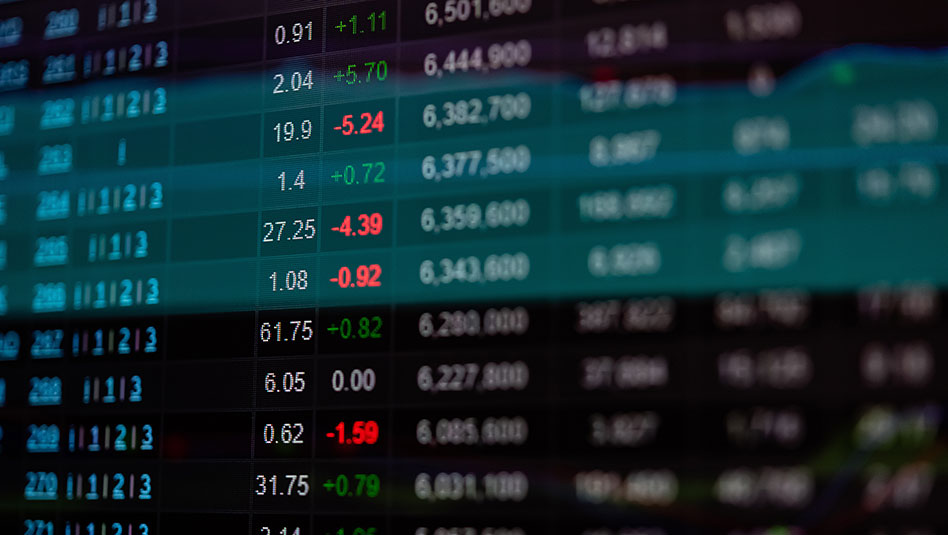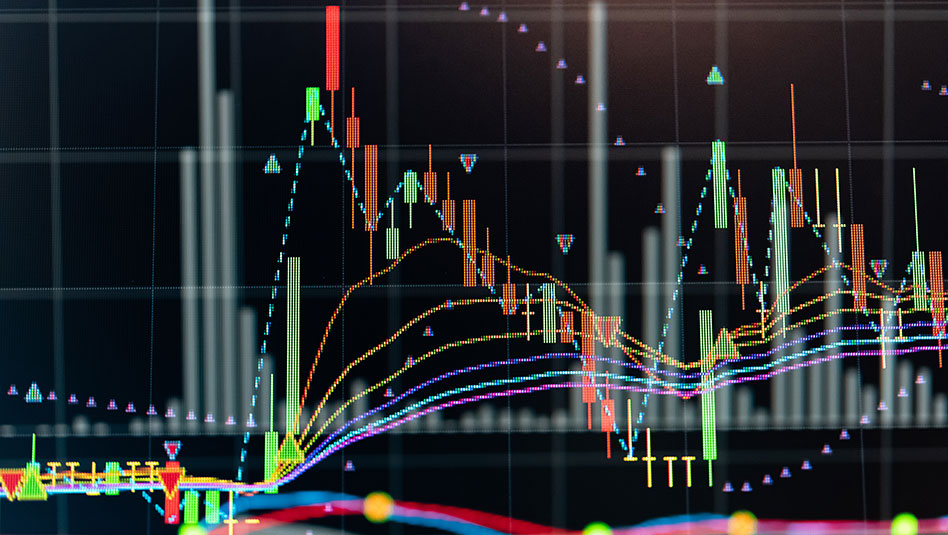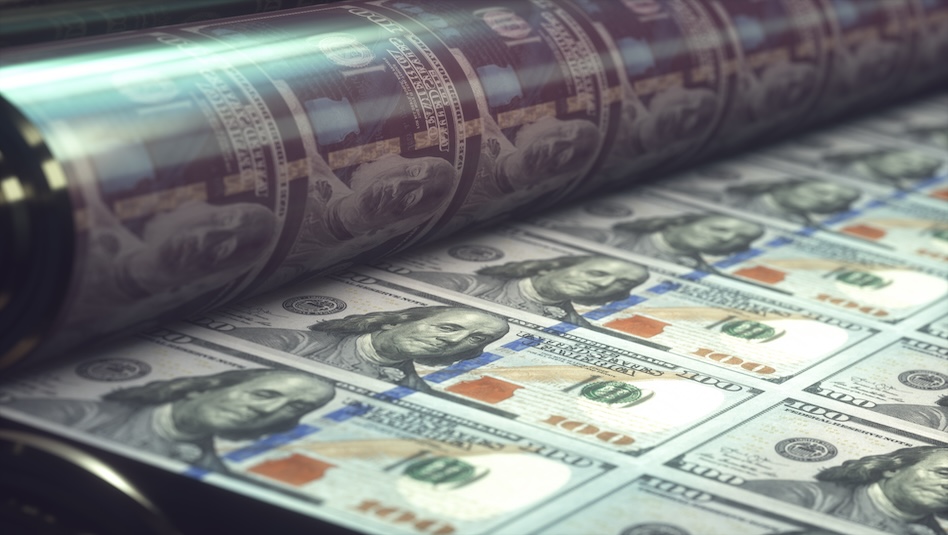Trump card: Brace for volatility now, gauge policy plays later
When the dust settles, Trump’s policy implementation will be financial-market watchers’ barometer

In the wake of former US President Donald Trump’s landslide election victory, investors should brace for short- to medium-term volatility.
Yet, the full impact of Trump’s return to the White House on the US and Philippine economies and financial markets will depend on the implementation and outcomes of his policy.
Red sweep
As Republicans close in on unified power, Trump’s first-term policies are likely to make a comeback.
In the short to medium term, the incoming administration’s domestic policies may boost economic growth. Reductions to taxes, including cuts to individual and estate duties, are likely. Coupled with a plan to lower levies on corporations from 21% to 15%, domestic consumption could be supported while risking a wider fiscal deficit.
Still, tariff and trade war policies could slow economic growth in the long run. Stronger consumer sentiment, due to lower taxes and higher import tariffs, could fan inflation. Higher-for-longer interest rates are also expected.
Investor euphoria
Despite challenges, investor sentiment will improve. Trump’s planned roll back on regulation includes those in technology, financial, and healthcare sectors.
Following Trump’s victory, the S&P 500 rose to a record, with outsized gains in so-called “Trump-trade” positions.
– Financial and energy stocks were expected to benefit from deregulation, tax reductions, and tariffs. In particular, financials could see higher merger and acquisition fees, as higher tariffs could lead to higher costs in doing business, squeezing margins for small players that would be in support of market consolidation.
– Banks stood to gain from a steeper yield curve and rising long-term interest rates, allowing them to lend at higher rates while borrowing relatively cheaply.
– Fossil fuel companies were seen to benefit from an anticipated easing of environmental regulations, while technology firms rallied on corporate tax-cut prospects.
Philippine impact
The Philippines’ trade and supply chains are relatively insulated from a potential trade war escalation.
Trade in Value Added to Final Demand of the Philippines is at 2.9% from the US and 5.5% from China, lower than exports-oriented nations in Southeast Asia, according to the Organization for Economic Co-operation and Development. The links between the Philippines’ GDP growth to that of the world’s two largest economies are also weaker than its regional peers.
Still, global trade disruptions could ease manufacturing and exports growth, as seen during Trump’s 2017-2020 term. Remittances from overseas Filipinos and revenue of outsourcing firms were also lower during Trump’s presidency – and these bear watching. As such, USD-PHP could remain elevated in the medium term.
Selloff entry point
Given uncertainties, investors are likely to adopt a risk-off approach, shifting from emerging markets to developed ones.
The benchmark Philippine Stock Exchange index (PSEi) weakened in the days following Trump’s victory. Foreigners unloaded close to PHP 8.0 billion of Philippine shares since November’s start.
The sell-down makes for an attractive entry point. The PSEi is trading close to two standard deviations below 10-year historical mean. All the while corporate earnings remain impressive and the economic environment stable.
In the short term, volatility is expected to persist, and investors might find refuge in defensive sectors with high dividends like banks, consumer staples, utilities, and telecommunications.
SOPHIA THERESE “PIA” BONIFACIO is a Markets Research Analyst at Metrobank’s Trust Banking Group, covering local and offshore macroeconomic research. She obtained her Bachelor’s degree in Economics with a Specialization in Financial Economics, cum laude, from the Ateneo de Manila University and is a Certified UITF Sales Person (CUSP). Pia enjoys long road trips and is a self-proclaimed milk tea connoisseur.
GERMAN DE LA PAZ III, CFA serves as an Equity Research Lead at Metrobank’s Trust Banking Group. His coverage includes gaming, telcos, conglomerates, and utilities, as well as select offshore markets. German holds a Bachelor’s degree in Humanities and a master’s degree in Industrial Economics from the University of Asia and the Pacific. Recently, he obtained his CFA charter and is currently pursuing additional industry certifications. In his free time, German enjoys playing sports, particularly basketball, and has a penchant for reading fiction books.
ARIZ MARCELINO is an Equity Research Analyst at Metrobank’s Trust Banking Group. Locally, he covers the banking, consumer, and property sectors. He also tracks offshore markets and global investment themes to support asset allocation strategies. Ariz graduated from New Era University with a degree in Banking and Finance and has passed the CFA Level 1 exam. Outside of work, he unwinds by watching popular sitcoms and anime series while enjoying a cup of hot matcha latte.
ANNA DOMINIQUE CUDIA, MBA, CSS, is the Head of Markets Research at Metrobank’s Trust Banking Group, spearheading the generation and presentation of financial markets insights to internal and external clients. She used to be with Metrobank’s Investor Relations, where she brought in international awards and took part in various multi-billion peso and dollar capital raising activities. She holds a Master of Business Administration (Finance) degree, with distinction, from the University of London, and industry certifications in finance. She is a naturally curious person and likes to travel here and abroad.







 DOWNLOAD
DOWNLOAD




 By Sophia Bonifacio, German de la Paz III, Ariz Marcelino, and Anna Cudia
By Sophia Bonifacio, German de la Paz III, Ariz Marcelino, and Anna Cudia